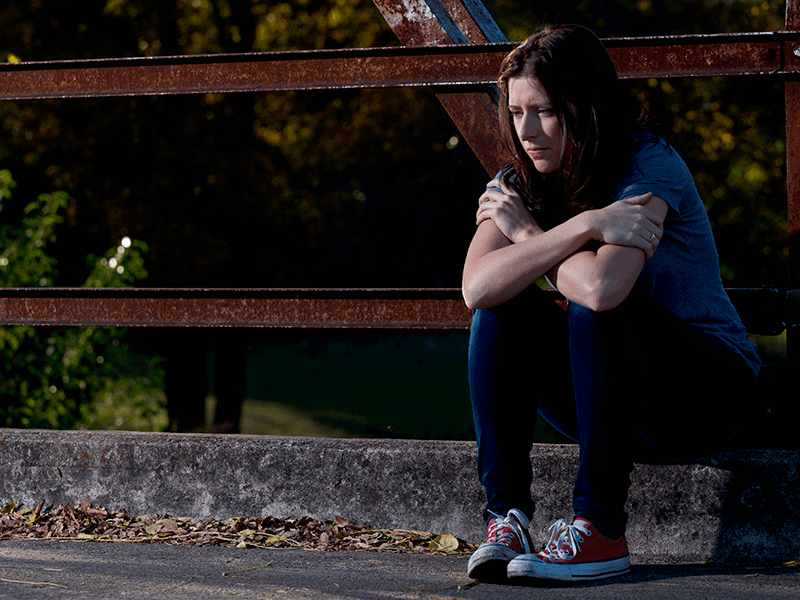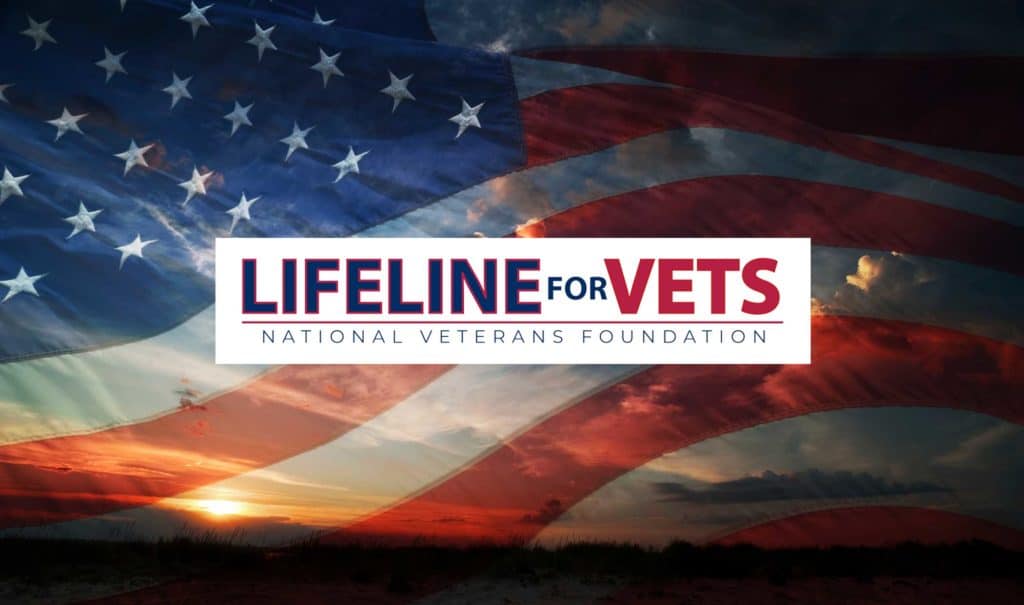Homeless Women Veterans: It’s Worse than you Think
There is no doubt that homelessness remains a problem in the United States. The homeless rates of veterans remain high, to our enduring embarrassment, and even with national and statewide programs to solve the problem, too many of our heroes remain on the street.
It’s not just male veterans that are at risk, however, the rates of homeless women veterans is much higher than it should be and more attention needs to be directed at this problem.

Shining a light on homeless women veterans
According to a study conducted by Project Muse in 2010, women veterans were three to four times more likely to become homeless when compared to non-veteran women. The primary causes of homeless women veterans included unemployment, disability, poor health and lack of treatment for PTSD and/or anxiety problems.
Another study from 2011, sponsored by the Department of Health and Human Services and the Veteran’s Administration, found that there were five root causes for homelessness among women and that two of them were exclusive to homeless women veterans. These two factors – “trauma and/or substance abuse during military service” and “post-military mental health, substance abuse, and/or medical problems” – are exacerbated by overseas duty and being exposed to combat conditions.
There is plenty of proof that homeless women veterans are a real problem and that the challenges to solving the problem are different than fixing the causes of homelessness among males, veteran or civilian.
Real people, real lives
In addition to the problems with trauma and substance abuse, homeless women veterans have to struggle with issues that are missing from male homelessness. The lack of well-paying jobs and a greater stress on family housing are also factors, but the problem of Military Sexual Trauma (MST) is found nearly exclusively in female veterans.
MST is the term for sexual assault or harassment during military service and over 24 percent of all female veterans have been identified by the VA as suffering from it. In comparison, less than two percent of male veterans have been subjected to it. Although MST has been linked to Post Trauma Stress Disorder (PTSD), the rate that the VA awards disability for PTSD caused by MST is significantly lower than other causes.
When we do think of women vets, it’s often as victims of military sexual trauma, MST, an issue for many women (and also men) in the armed forces
From our article, Probably Not the Kind of Equality Women Had in Mind.
For the general public, MST doesn’t receive the attention that it needs. Even though the impact of MST is not completely understood, 53 percent of homeless women veterans report that they experienced it.
There is no easy solution to this problem
The general public doesn’t understand PTSD and why it is such a factor in the homeless women veterans’ problem. When you add an additional level of uncomfortable and difficult problems, many people – even advocates for the homeless – begin feeling overwhelmed. It becomes easier to generalize the problem and lump all of the homeless veterans, male or female, in the same category.
That, however, doesn’t resolve the problems. Instead, it marginalizes the women who are trying to survive under the weight of their specific problems.
In addition to treatment and help that homeless women veteran’s need, the environment that condones or turns a blind eye to MST must be changed. Preventing MST is just as important as rescuing the women who are losing everything due to its effects.
This means changing the way the military treats sexual harassment. It is a much bigger problem than most anyone knows and until it is fixed, the increasing number of homeless women veterans are at a much higher risk than their male counterparts.
Please help the NVF continue the fight against homeless women veterans.
Sources:
Project Muse (https://muse.jhu.edu/journals/hpu/summary/v021/21.1.washington.html)
Jacob’s Institute of Women’s Health
NY Times – Women Veterans Who Are Homeless (https://graphics8.nytimes.com/packages/pdf/us/20120228_vets/women_vet_homelessness.pdf)
Military Sexual Trauma (https://gainscenter.samhsa.gov/cms-assets/documents/175790-785967.streetmstpeer.pdf)
ACLU – Battle for Benefits (https://www.aclu.org/battle-benefits-va-discrimination-against-survivors-military-sexual-trauma)
You can be a part of our mission to help Veterans by making a tax-deductible donation!
About the Author
SUBSCRIBE TO OUR BLOG AND NEWS!
By submitting this form, you are granting: NATIONAL VETERANS FOUNDATION INC permission to email you. You may unsubscribe via the link found at the bottom of every email. (See our Email Privacy Policy for details.)
Related Posts



